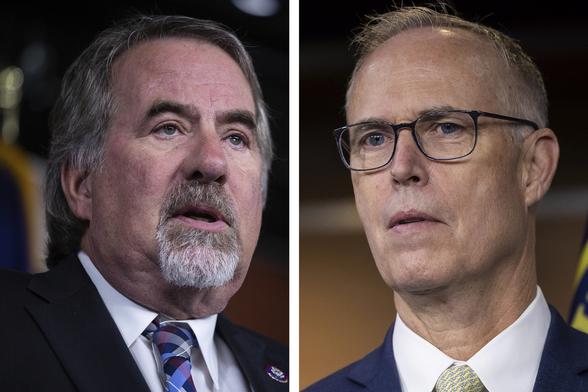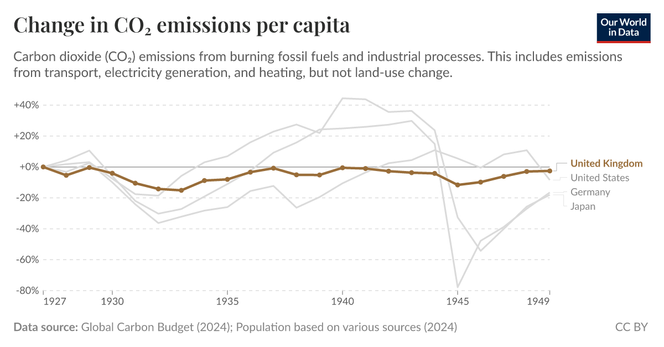"Our history does not look like the past of a 2°C future."
and
"Failing such an unprecedented technological change or a substantial contraction of the global economy,
by 2050 global mean surface temperatures will rise more than 3 °C above pre-industrial levels."
https://www.sciencedirect.com/science/article/pii/S0959378025000469
They look at the history of drivers of emission growth. And the way this used to play out globally and regionally with the political economics of growth and technological advancements, they conclude, it'll be more than 3°C by 2050.
"As shown above, sustaining economic growth at the pace projected by the OECD would require unprecedented efficiency improvements in the carbon intensity of the global economy. Conversely, if carbon intensity were to continue declining at its current historical average, meeting climate goals would only be possible through a sustained global GDP contraction of around –1.4 % per year. Such a prolonged recession, however, has no regional or global precedent in modern global history.
"
They also say something about IPCC Integrated Assessment Models, IAM:
"With a few exceptions (Keyßer and Lenzen, 2021, Li et al., 2023), integrated assessment models do not consider degrowth alternatives, which makes it difficult to technically assess their viability, beyond the very substantial political obstacles to their implementation. According to our results, if efficiency gains stay in a bussiness-as-usual path, the global economy would need to shrink substantially by 2050 in order to meet international climate targets.
Such a protracted economic contraction also has no historical precedent."
I think, they're wrong there. See 2/ below
#ClimateChange #climatepolitics #ClimateEconomics #Economics #Degrowth #Capitalism



